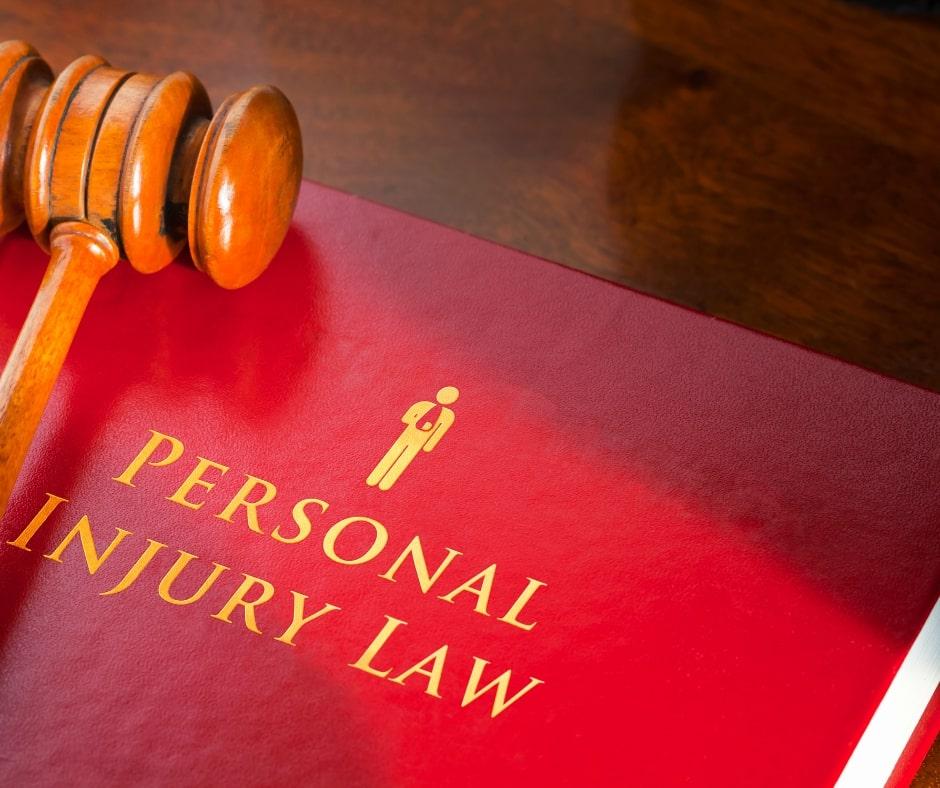Smiles Fool You.
We WIN Legal Fights!

When faced with the aftermath of an accident or an injury caused by another’s negligence, navigating the complexities of Texas personal injury law can be daunting. This comprehensive guide aims to illuminate the fundamental aspects of this legal area, empowering individuals to pursue justice and compensation effectively.
Personal injury law encompasses a wide range of situations where an individual suffers harm due to another’s wrongful actions. In Texas, these cases often hinge on proving negligence, which requires demonstrating that the responsible party had a duty of care, breached that duty, and caused injury as a direct result of the breach. Common scenarios include vehicle accidents, slips and falls, medical malpractice, and product liability.
To succeed in a personal injury claim, the injured party (plaintiff) must establish that the defendant (the party being sued) acted negligently. Texas follows a “modified comparative negligence” rule, meaning that if the plaintiff is found to share any portion of the fault, their compensation may be reduced by their percentage of fault, but they can still recover damages as long as their fault does not exceed 50%.
The statute of limitations for personal injury claims in Texas is two years from the date of the incident, highlighting the importance of prompt action. Failing to file within this period can result in losing the right to seek compensation altogether.
In the realm of personal injury law, there are generally two categories of damages: economic and non-economic. Economic damages cover tangible losses, such as medical bills, lost wages, and property damage. Non-economic damages, on the other hand, account for intangible losses, such as pain and suffering, emotional distress, and loss of enjoyment of life. In some cases, punitive damages may also be awarded to punish particularly egregious conduct.
Navigating a personal injury claim requires a nuanced understanding of legal procedures and tactics. Having an experienced personal injury attorney can be invaluable, as they can help gather evidence, negotiate settlements, and represent clients in court if necessary. Attorneys can also provide insight into case valuation and help ensure that injured parties receive fair compensation for their losses.
Understanding the intricacies of Texas personal injury law is crucial for anyone entering the legal arena following an injury. By grasping the fundamental concepts of negligence, the importance of timely action, the classifications of damages, and the benefits of skilled legal representation, individuals can take informed steps toward reclaiming their lives after an injury. With the right knowledge and support, navigating the legal landscape can lead to justice and recovery.
A personal injury claim in Texas arises when an individual suffers harm due to the negligence or wrongful actions of another party. To establish a personal injury claim, a plaintiff must typically demonstrate four essential elements: duty, breach, causation, and damages.
The first element involves establishing that the defendant had a legal obligation to act (or refrain from acting) in a certain way toward the plaintiff. This duty is often determined by the relationship between the parties and the circumstances of the case. For instance, drivers have a duty to operate their vehicles safely and follow traffic laws.
The second element is proving that the defendant breached this duty. A breach can occur through negligent actions, such as distracted or reckless driving, or through failure to act, such as a property owner not addressing a hazardous condition on their premises. The standard for determining a breach is typically what a reasonable person would have done in similar circumstances.
The third element requires the plaintiff to show a direct link between the defendant’s breach of duty and the injuries sustained. This consists of two aspects: ‘actual cause’ (or “cause in fact”), which determines whether the injury would have occurred had the defendant not acted negligently, and ‘proximate cause’, which addresses whether the injury was a foreseeable result of the breach.
Finally, the plaintiff must demonstrate that they suffered actual damages as a result of the defendant’s actions. Damages can be classified as economic (medical bills, lost wages, property damage) or non-economic (pain and suffering, emotional distress). In Texas, victims have the right to seek compensation for both types of damages, but they must substantiate their claims with appropriate evidence.
In Texas, personal injury claims can arise from various incidents, including car accidents, slips and falls, workplace injuries, and medical malpractice. Understanding the intricacies of personal injury law is crucial for plaintiffs seeking justice and compensation for their injuries. Additionally, Texas operates under a modified comparative negligence rule, which can affect the recovery amount based on the degree of fault of each party involved. Consequently, it’s advisable for individuals considering a personal injury claim to consult with an experienced attorney to navigate the complexities of their case and protect their rights.
An experienced personal injury attorney in Harris County, Galveston County, Fort Bend County, Montgomery County, Brazoria County, Houston, Sugar Land, Missouri City, and Stafford, Texas at Thornton Esquire Law Group, PLLC will take over the case from the very beginning and make sure that you receive fair compensation for your injuries. A personal injury lawyer will help you recover medical expenses, lost wages, pain and suffering, and other losses due to the accident. Contact us today at www.thorntonesquirelawgroup.com for a free case evaluation consultation.